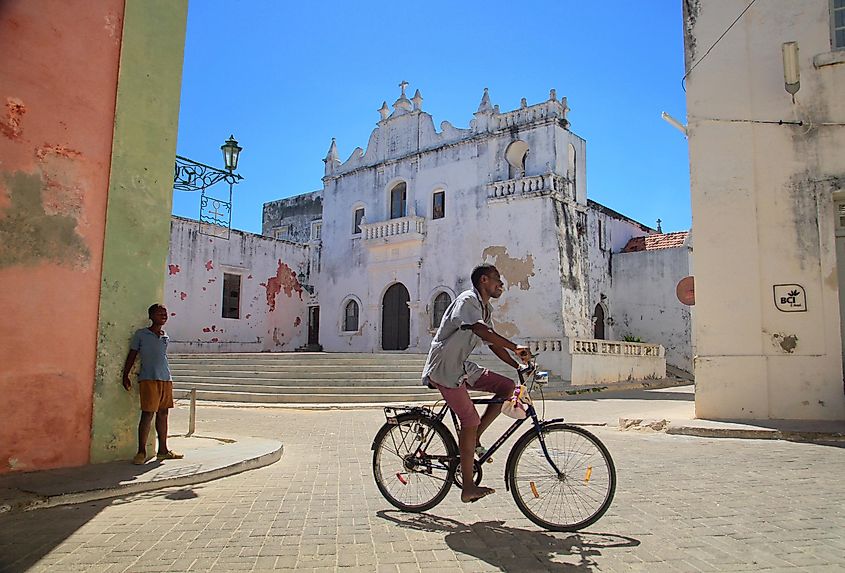Reference




OpenAI's Answer
Portuguese legal influence has continued to endure in its former African colonies, such as Angola, Mozambique, Guinea-Bissau, Cape Verde, and São Tomé and Príncipe. This endurance is primarily due to the transplantation and adaptation of Portuguese legal models during and after the colonial era.
-
Legal Pluralism: The legal systems in these countries exhibit legal pluralism, where the imported colonial legal system coexists with traditional African legal practices. This duality reflects the ongoing influence of Portuguese legal structures in combination with indigenous systems (source).
-
Post-Colonial Relationships: The dynamics of post-colonial relationships between Portugal and its former African colonies also play a significant role in influencing legal systems. The nature of Portuguese colonialism and the subsequent patterns of decolonization have shaped current legal and political frameworks within these nations (source).
These factors demonstrate how Portuguese legal influence and structures have persisted, being adapted and integrated within the evolving legal landscapes of these nations.
Follow Up
Related
Repositioning for the future: African hand-washing innovation Shesha Geza streamlines its strategi
How does the African Standby Force contribute to the African Union's mission?
Repositioning for the future: African hand-washing innovation Shesha Geza streamlines its strategi
Which South African township was a cultural center for African jazz before its destruction?
What are the primary institutions and bodies of the African Union?